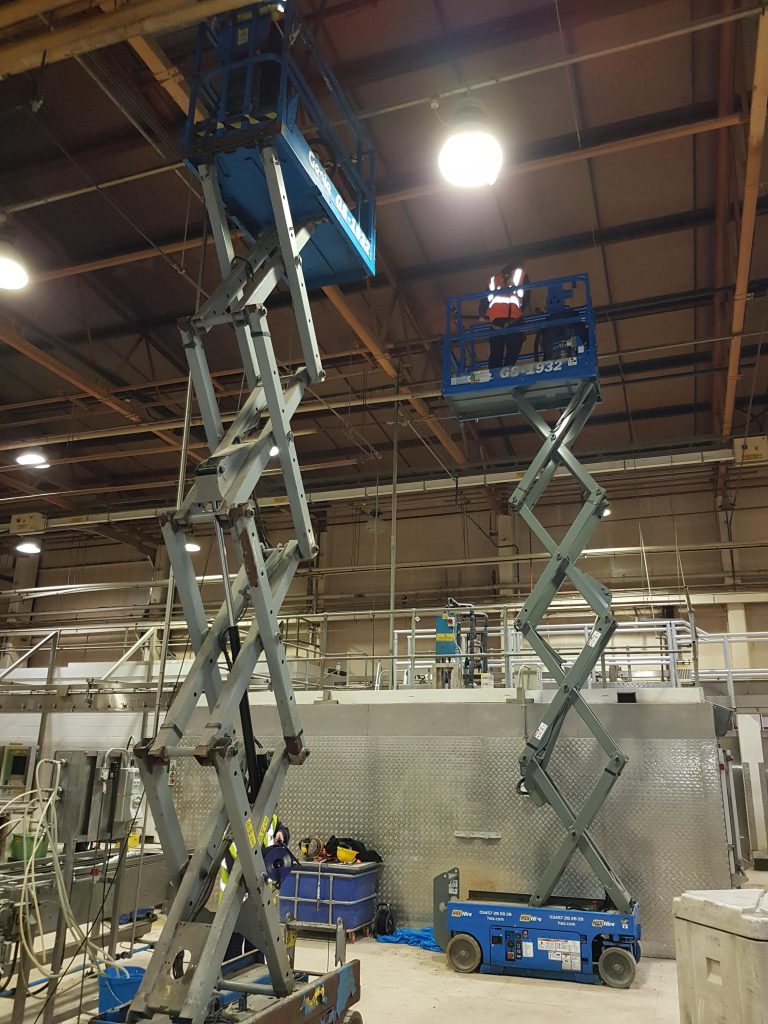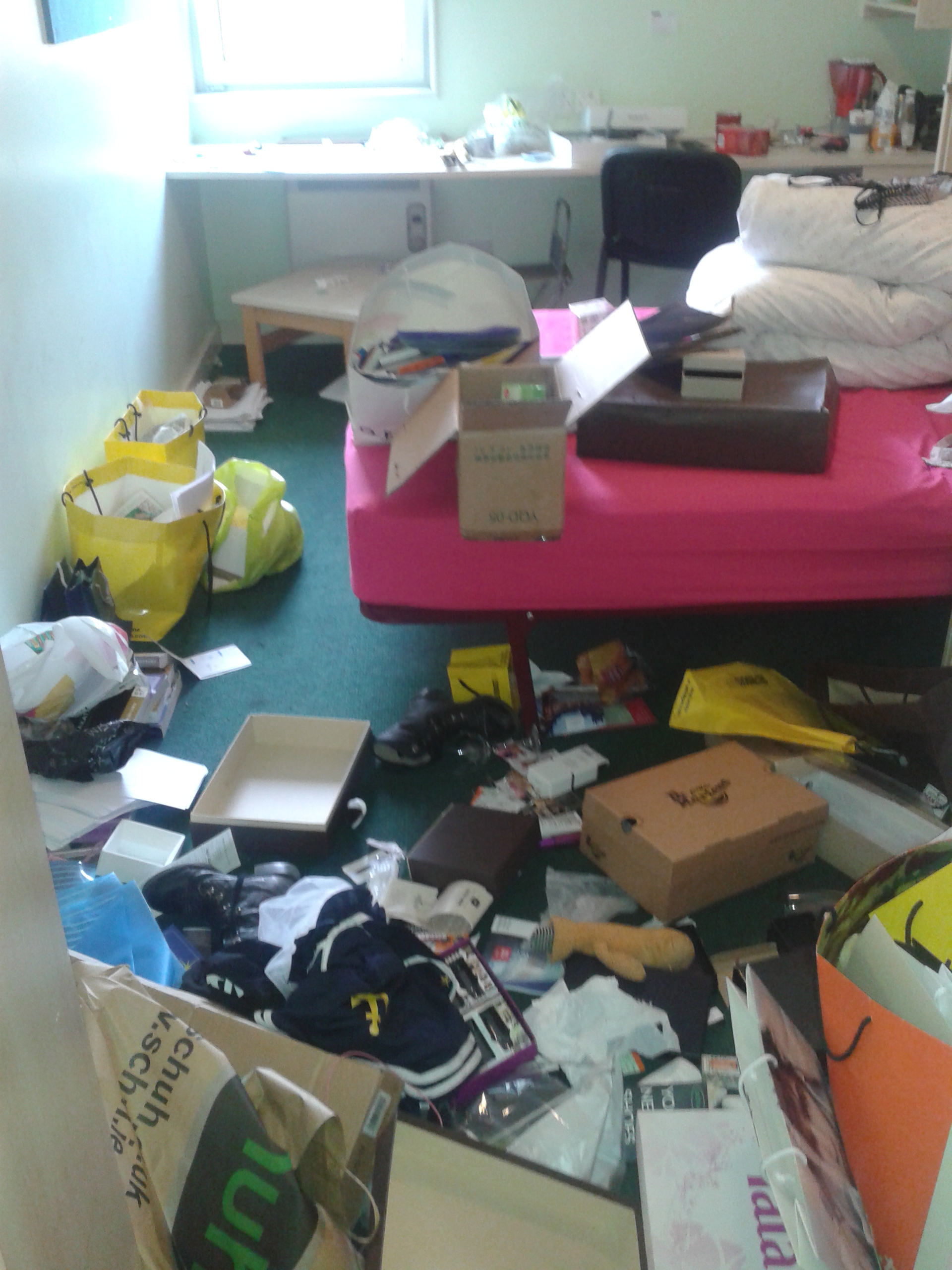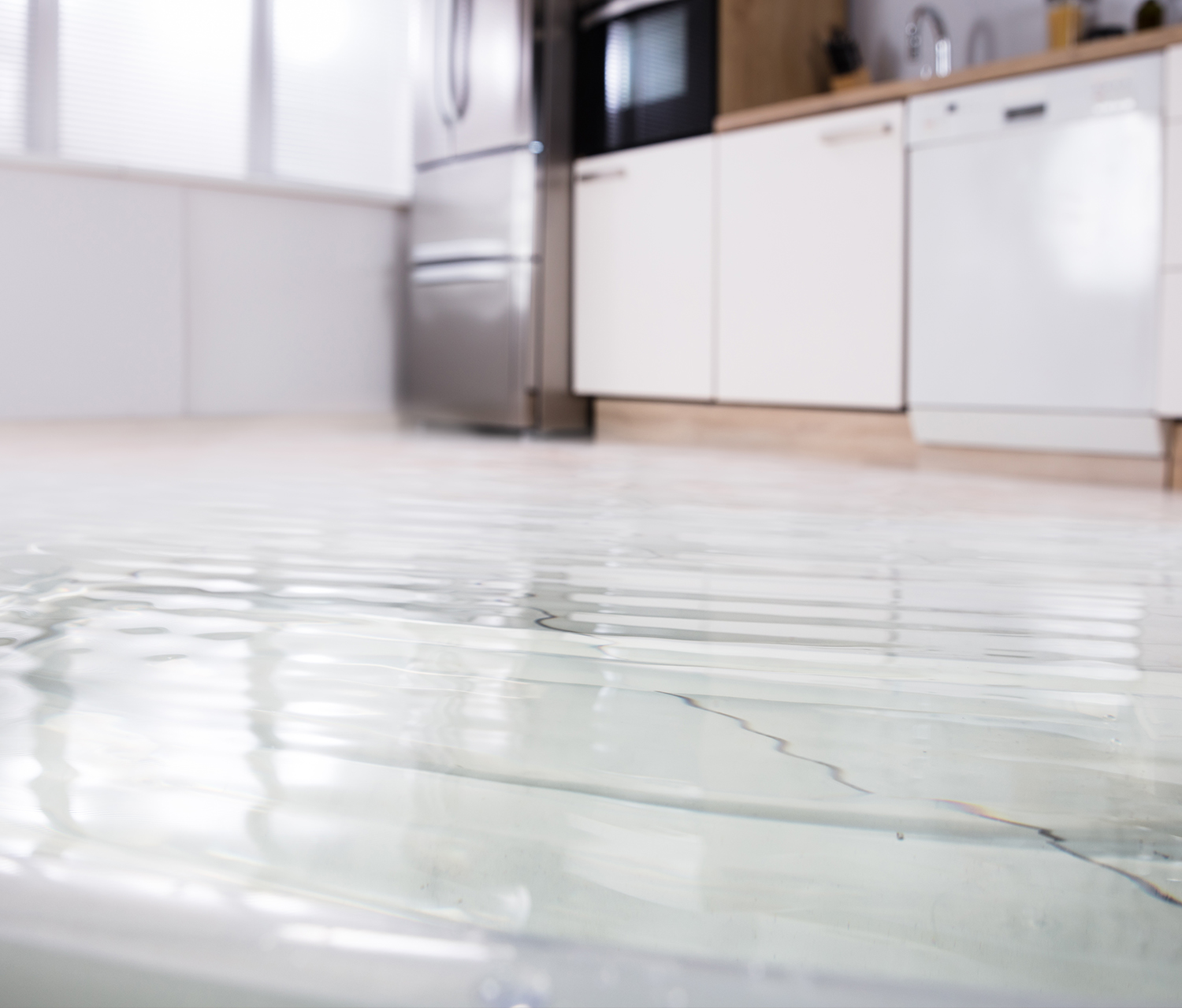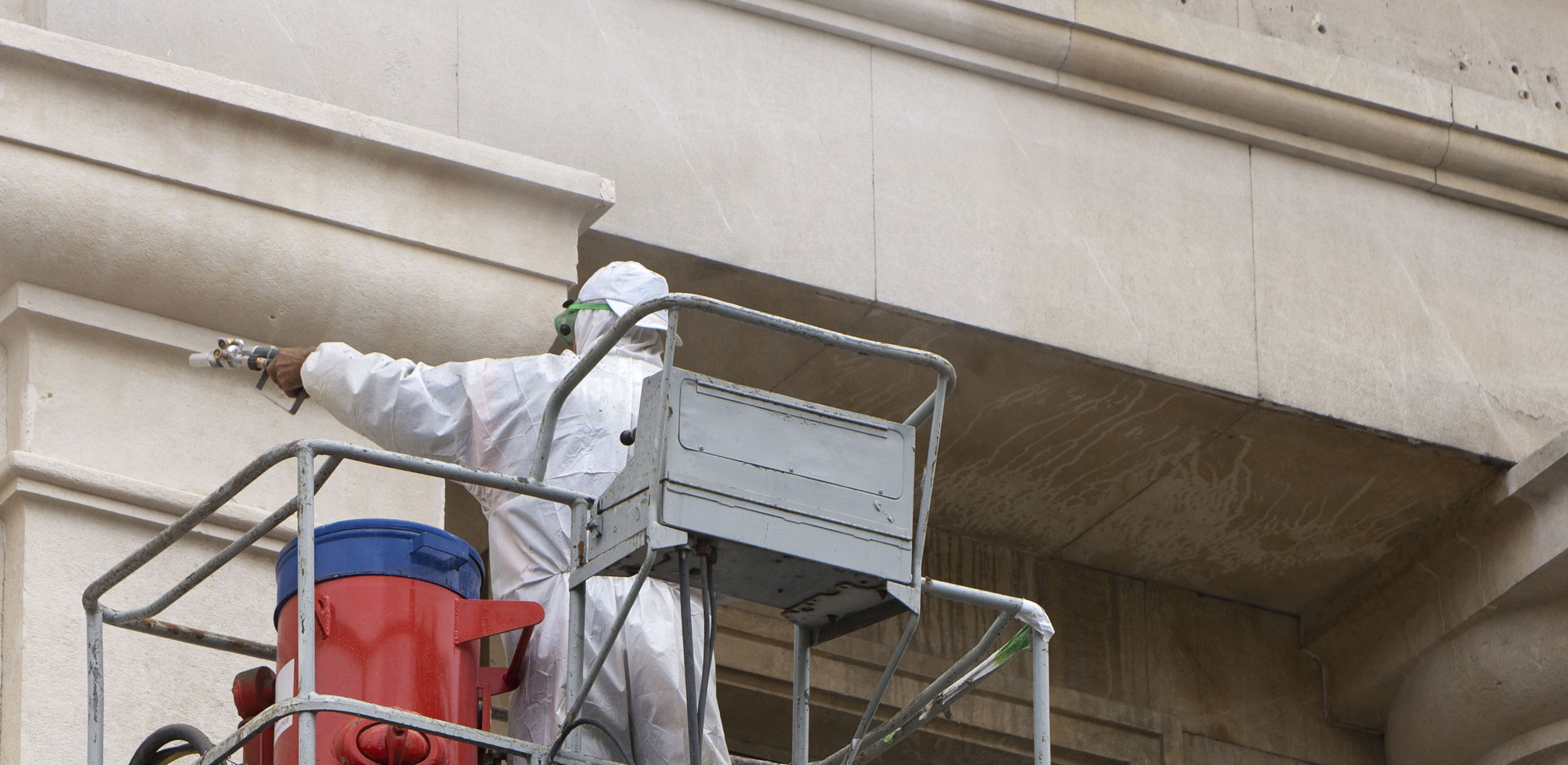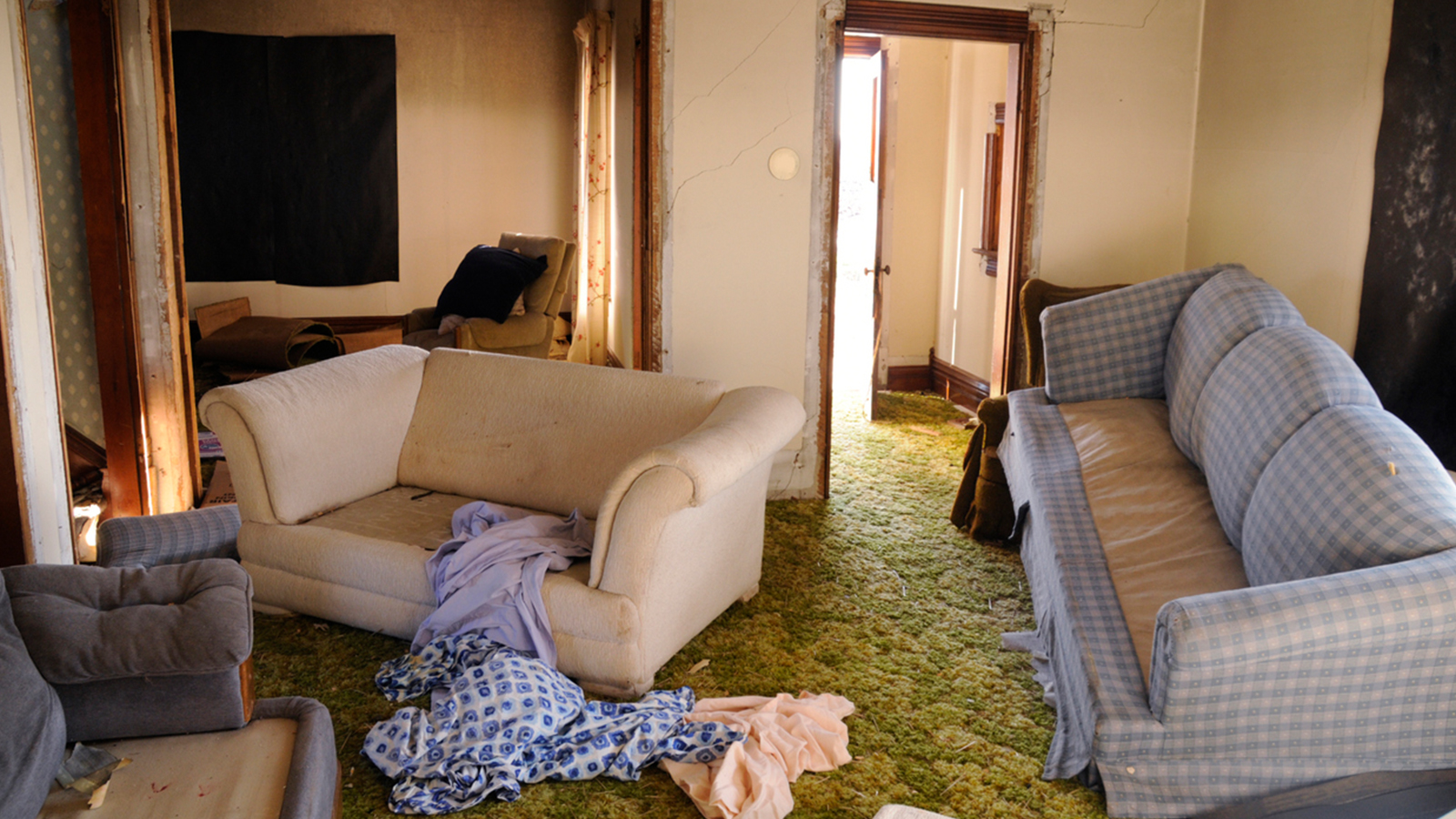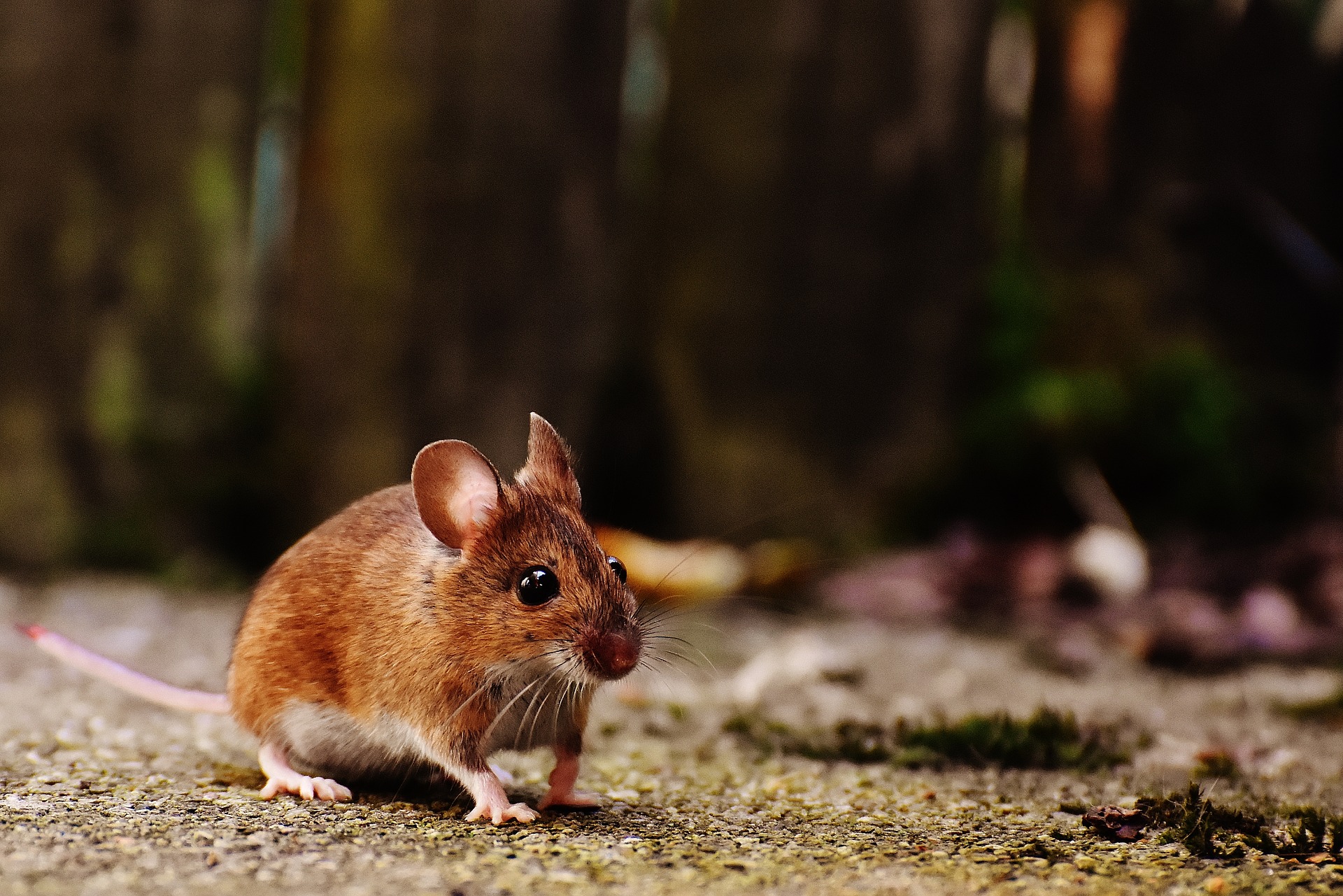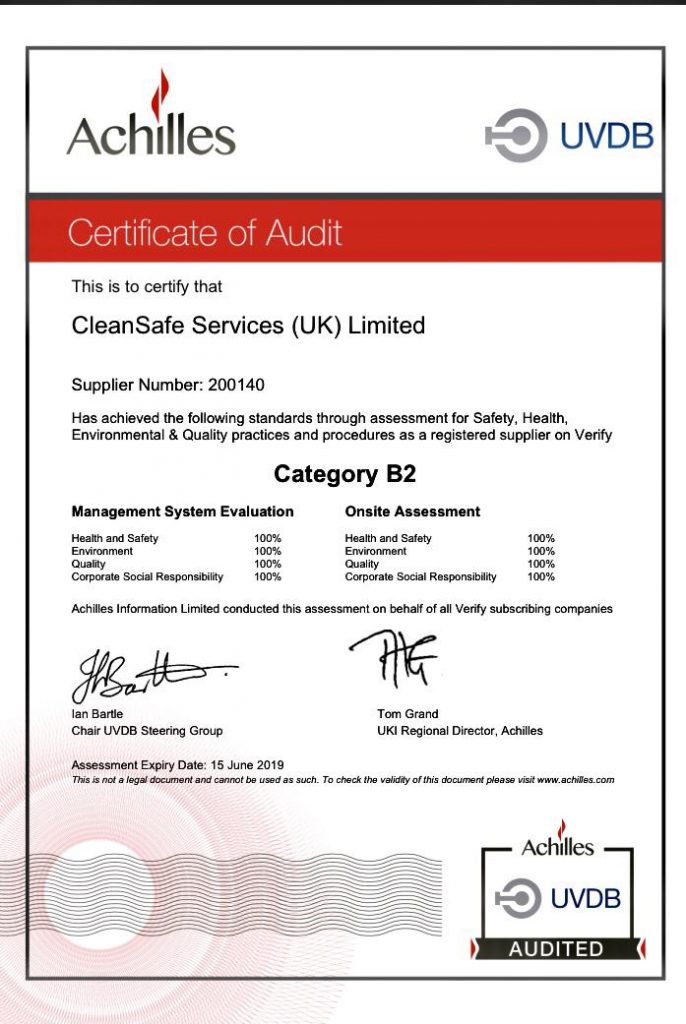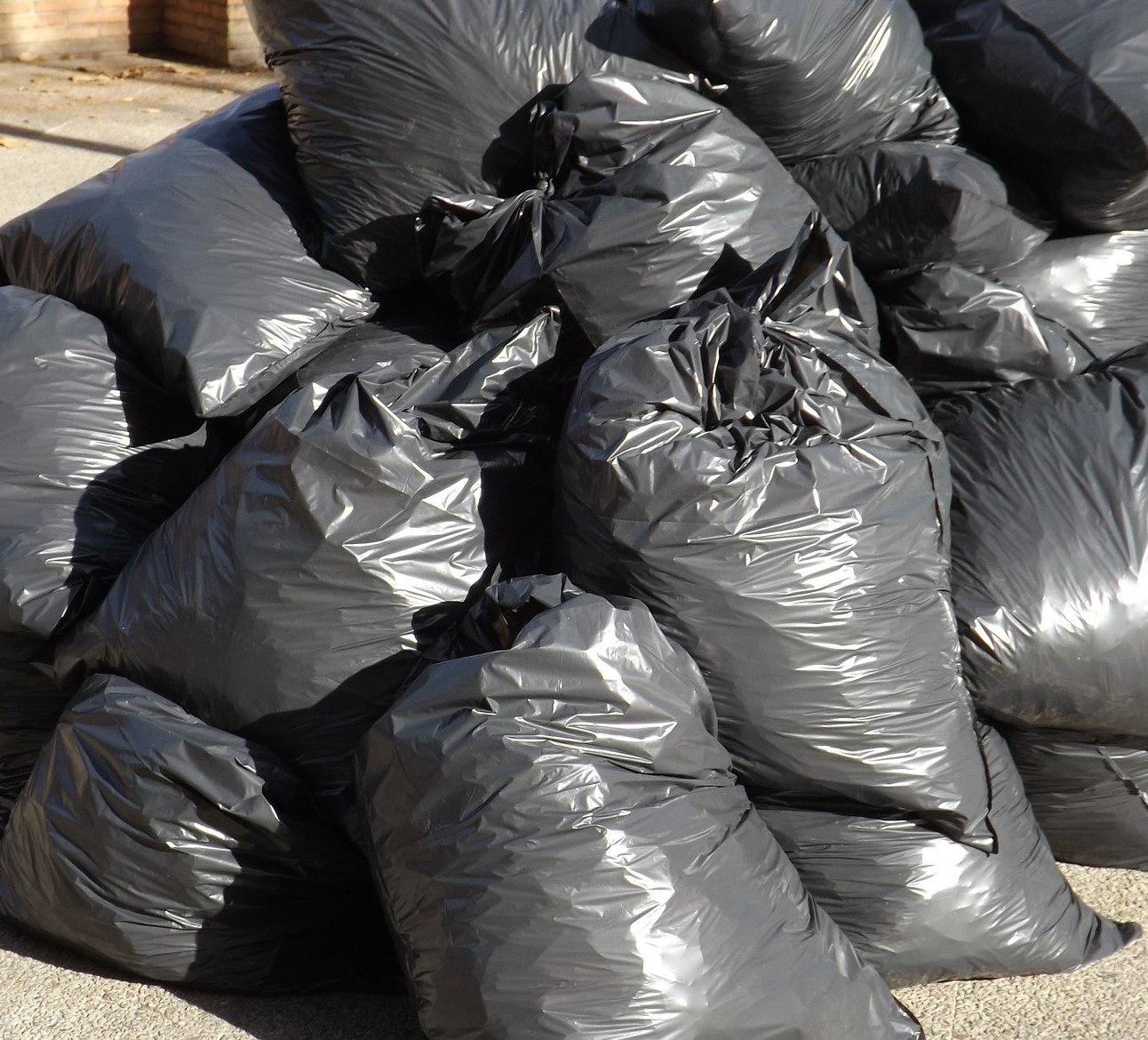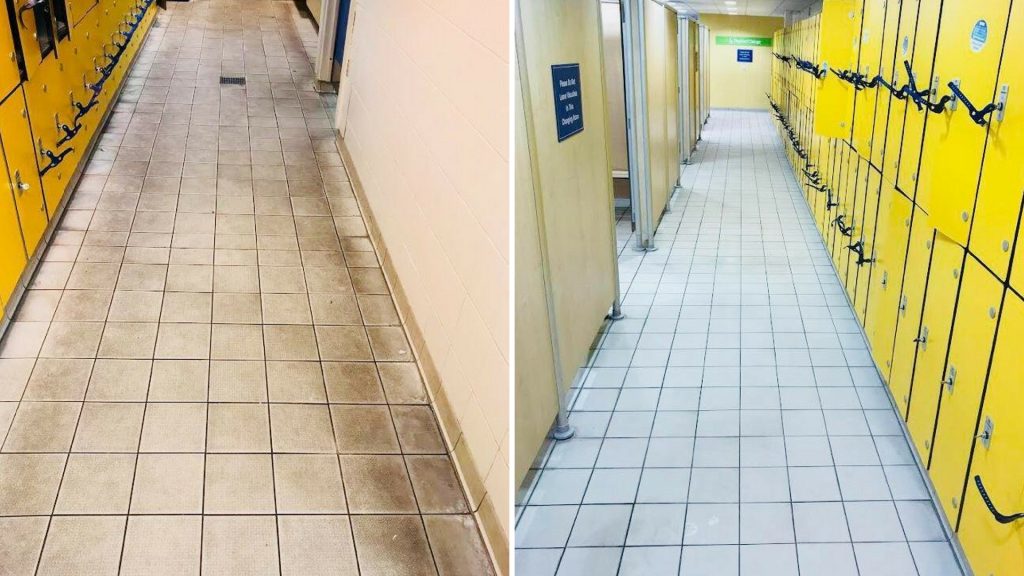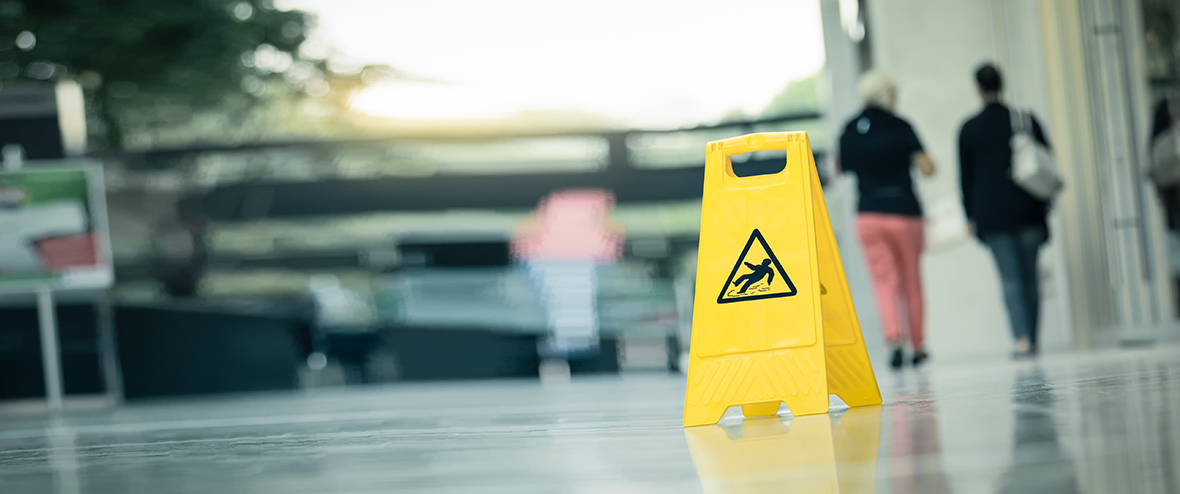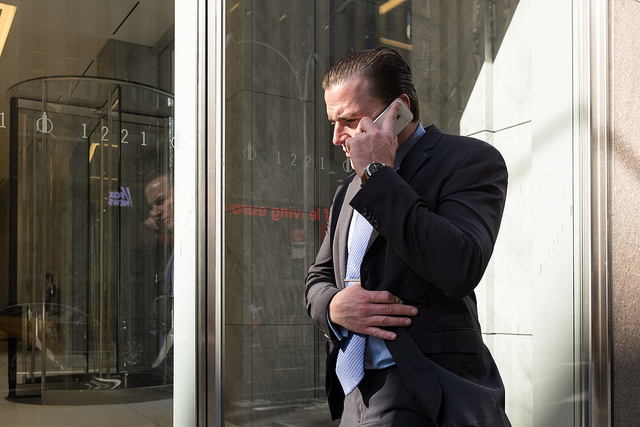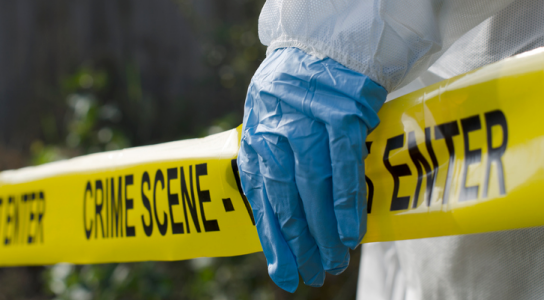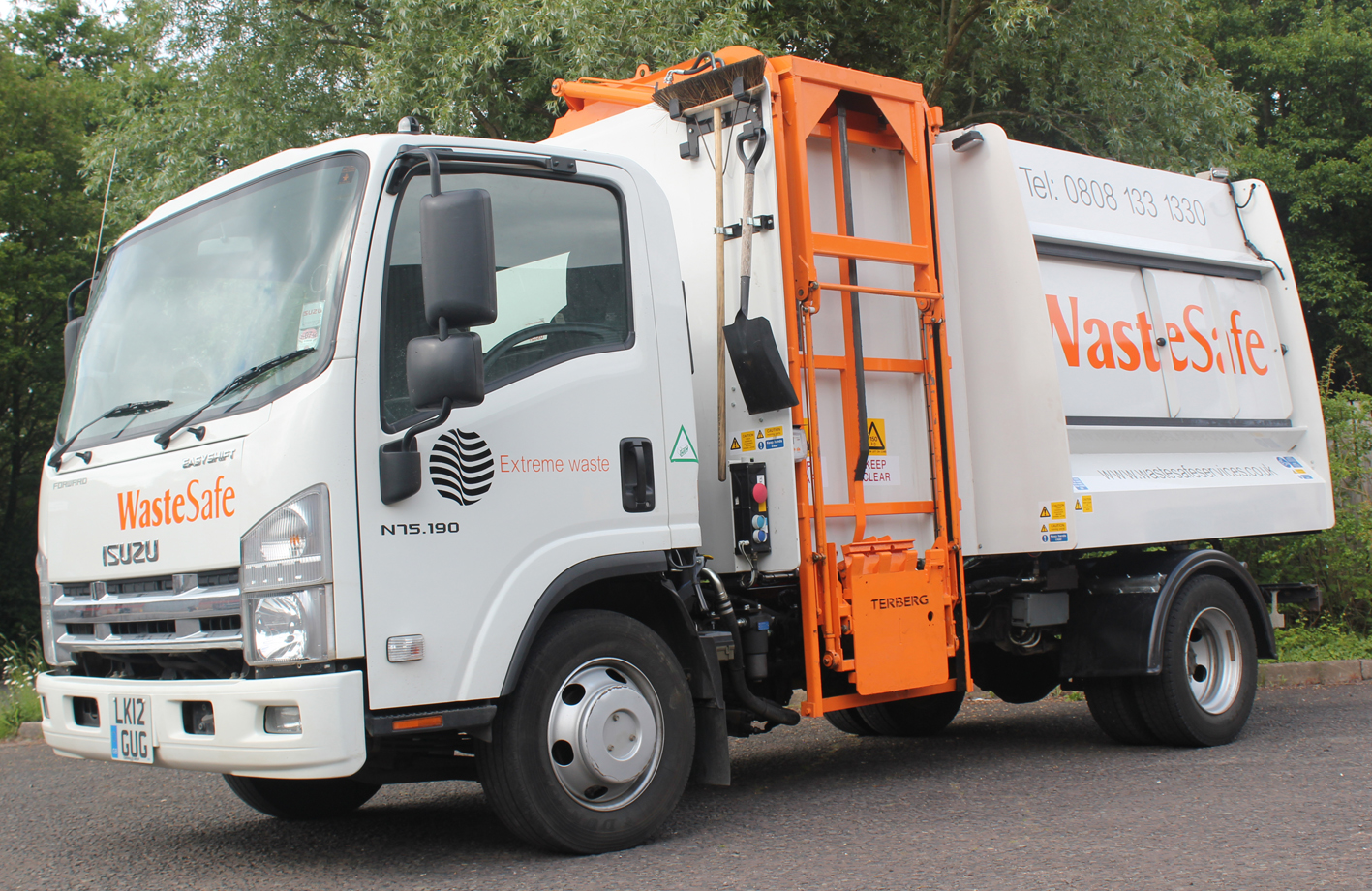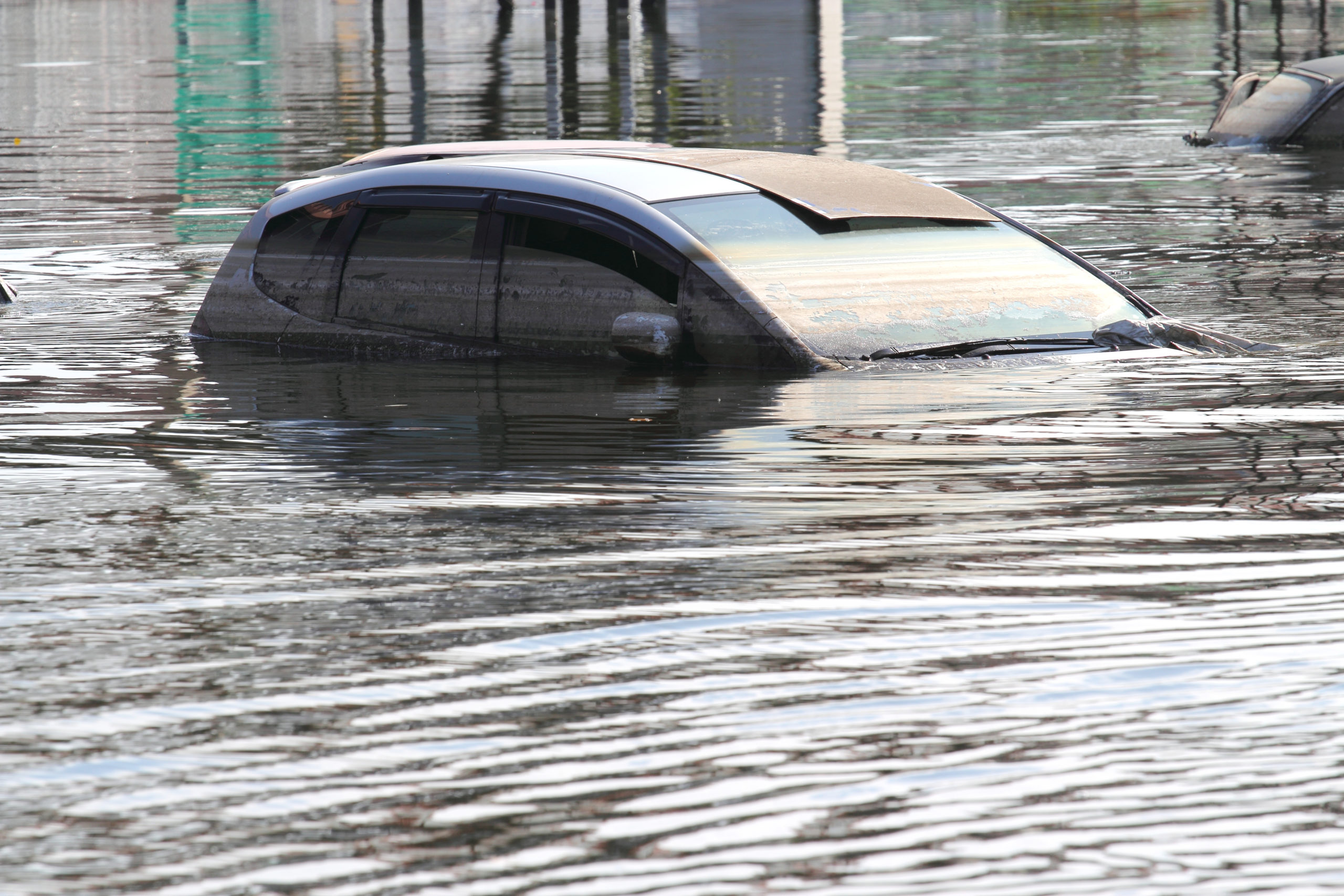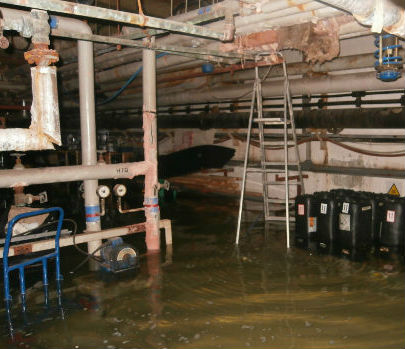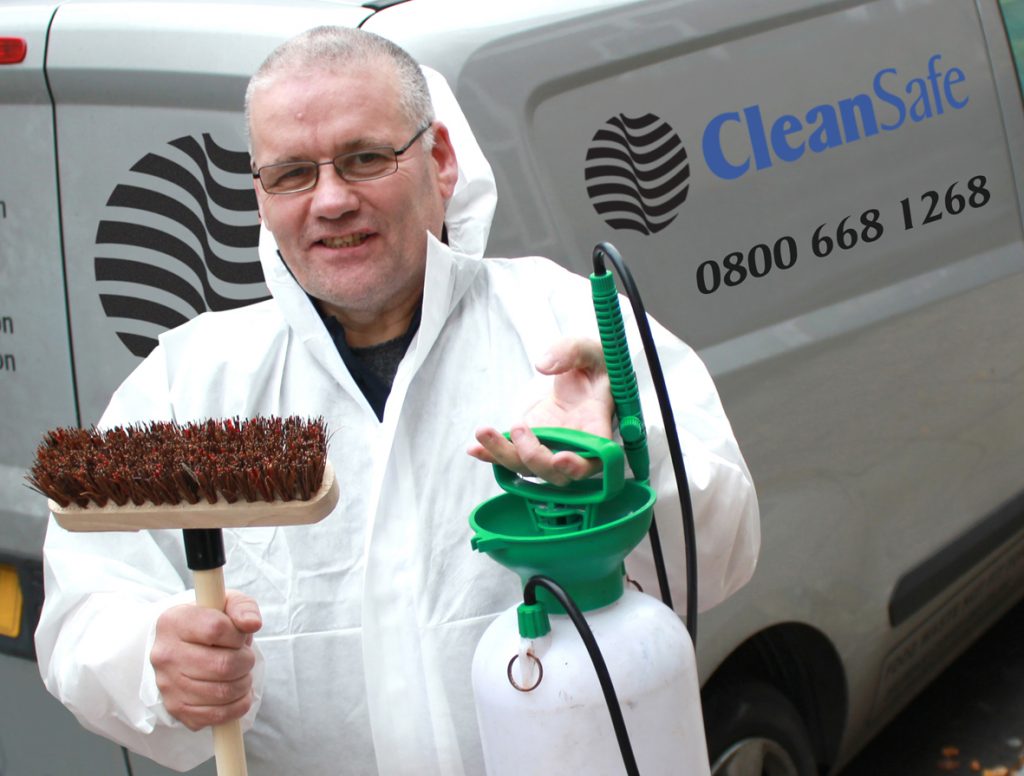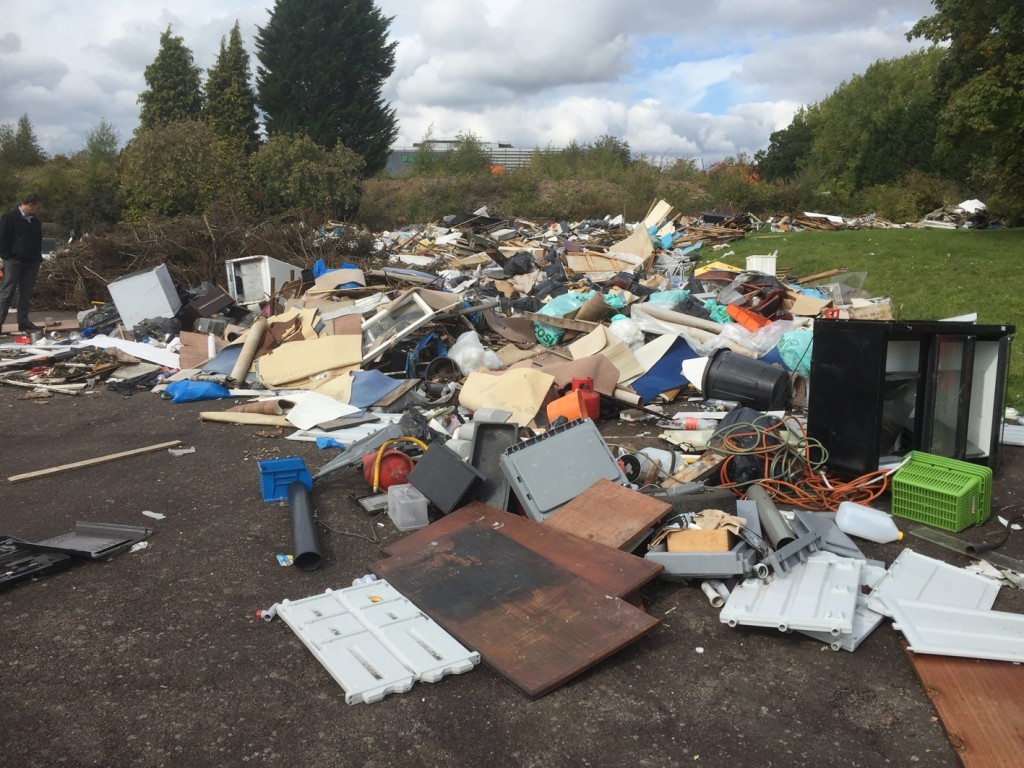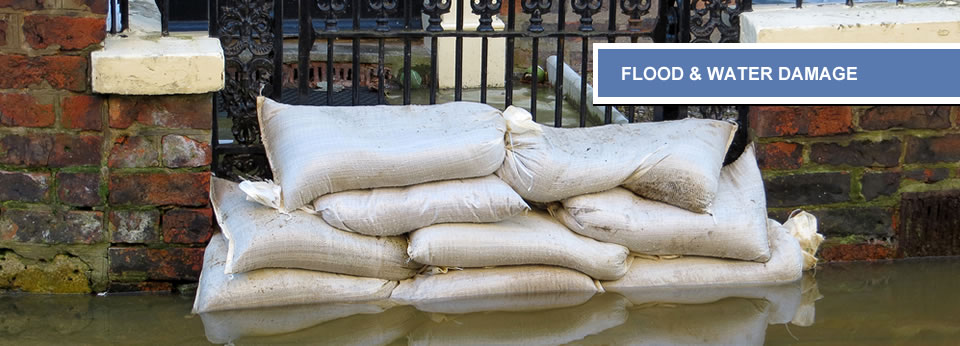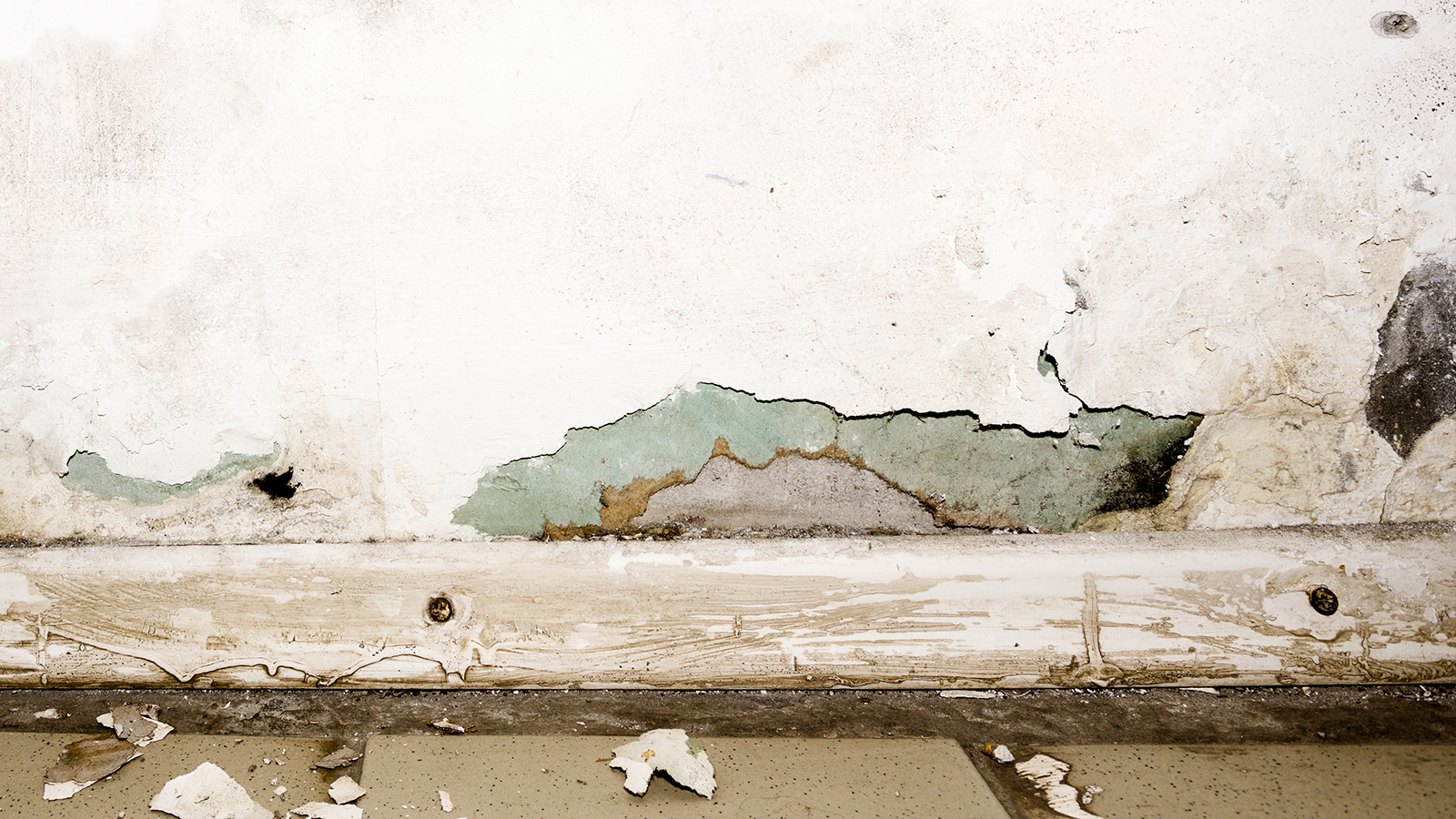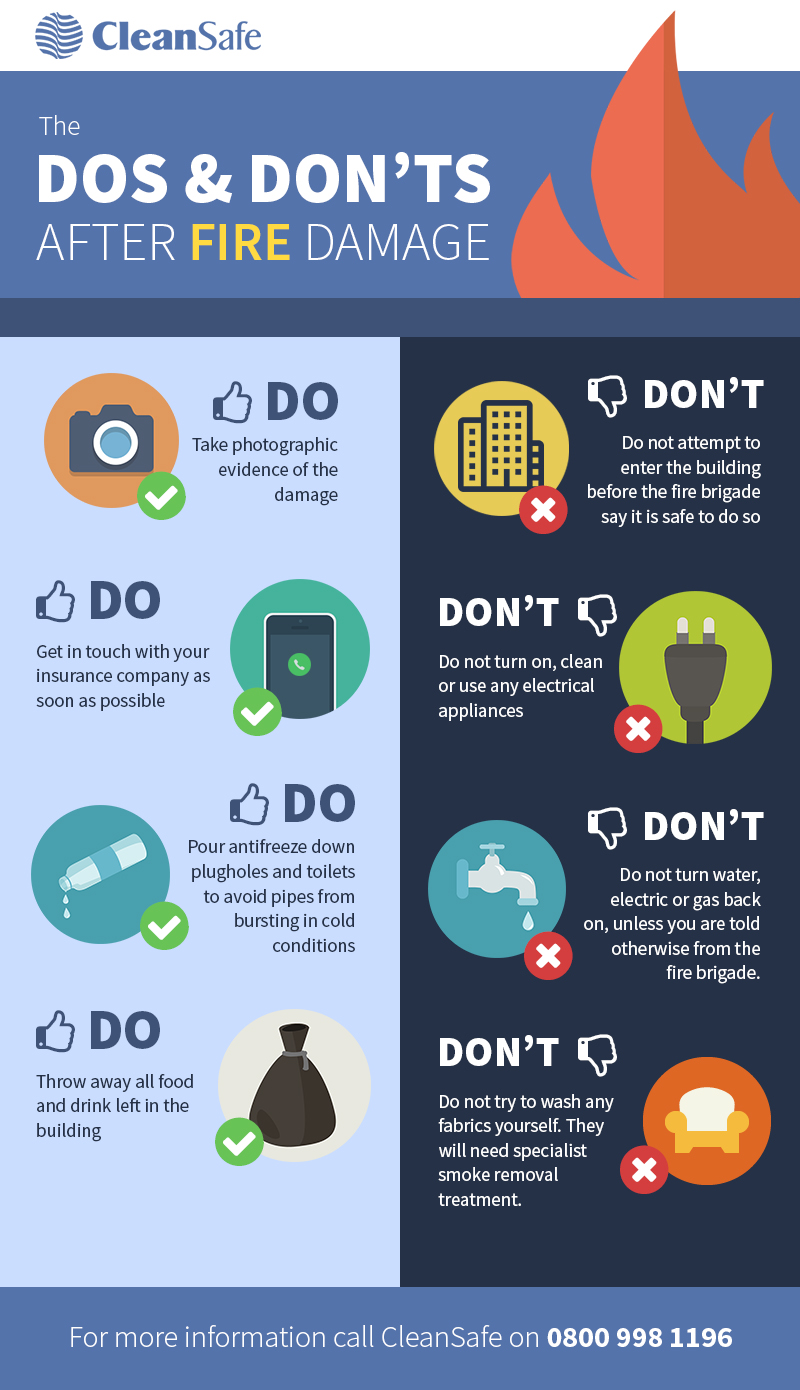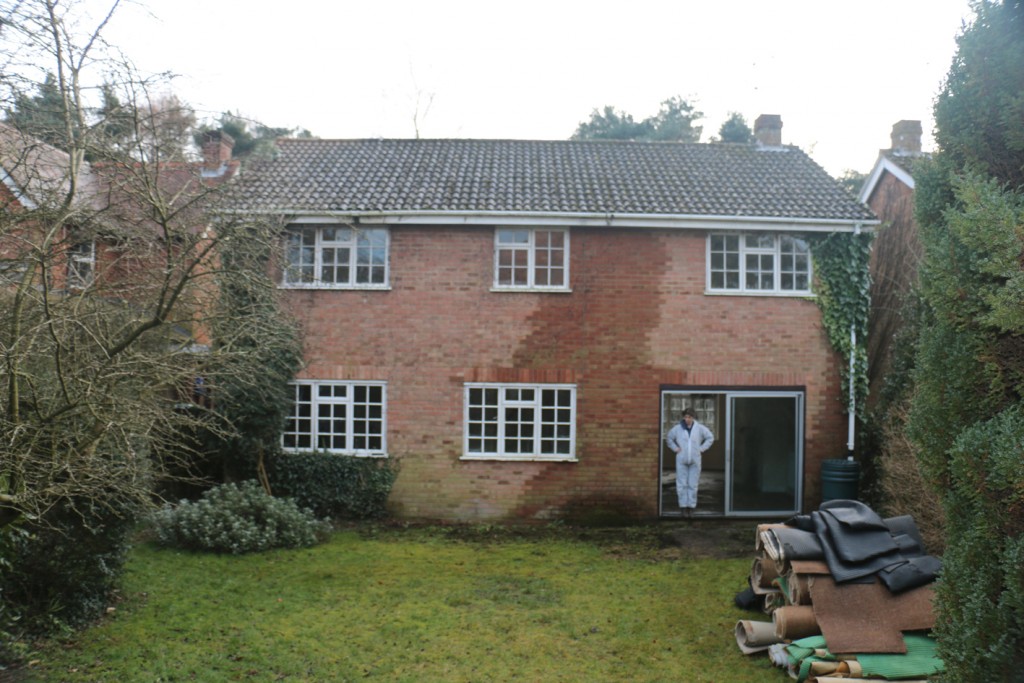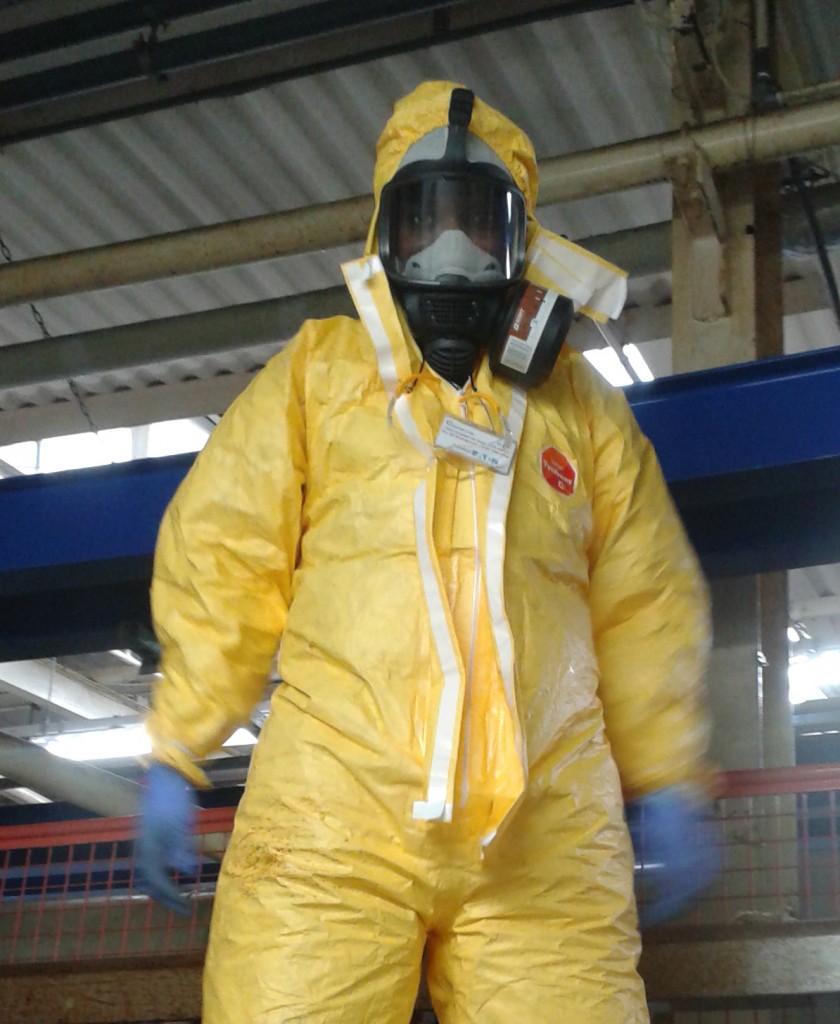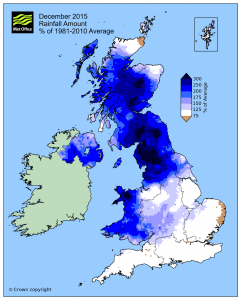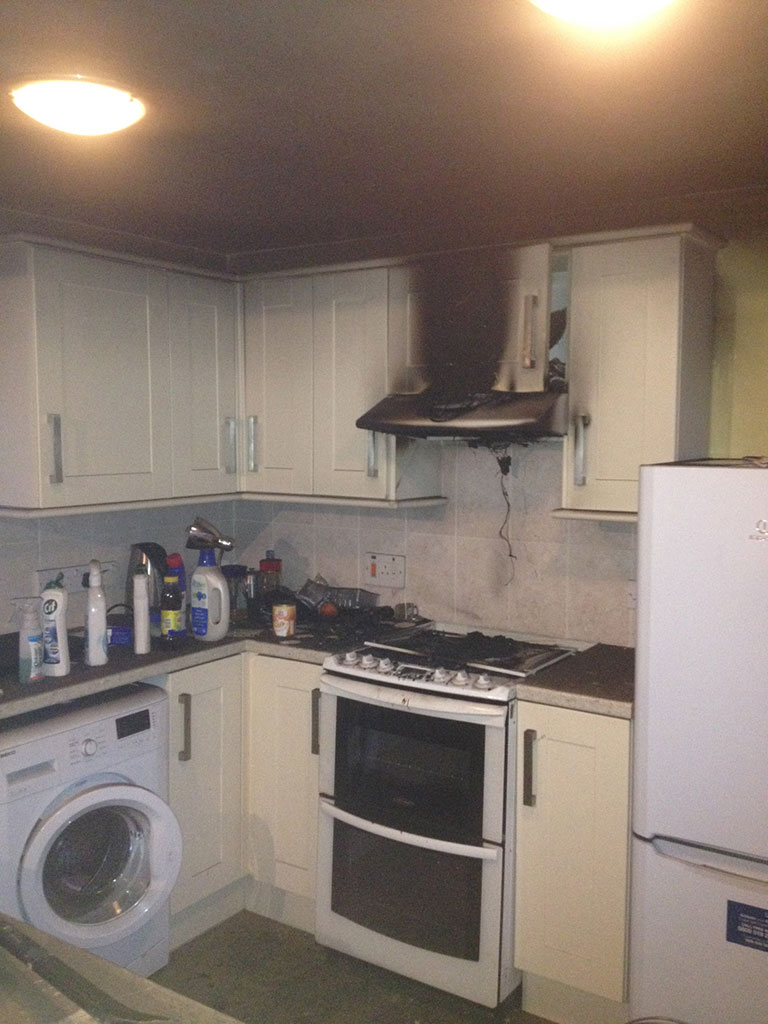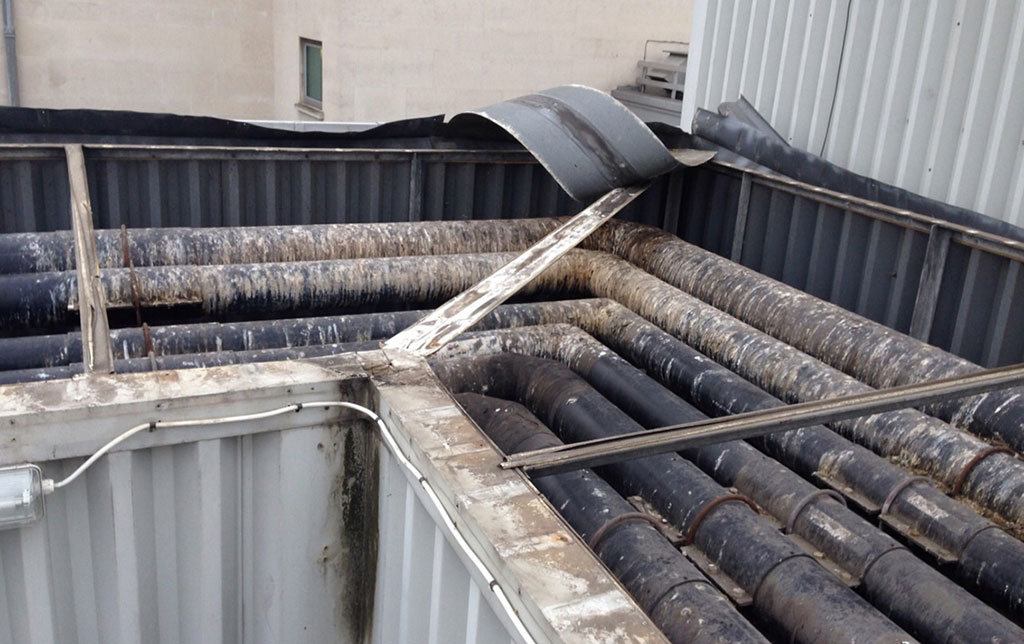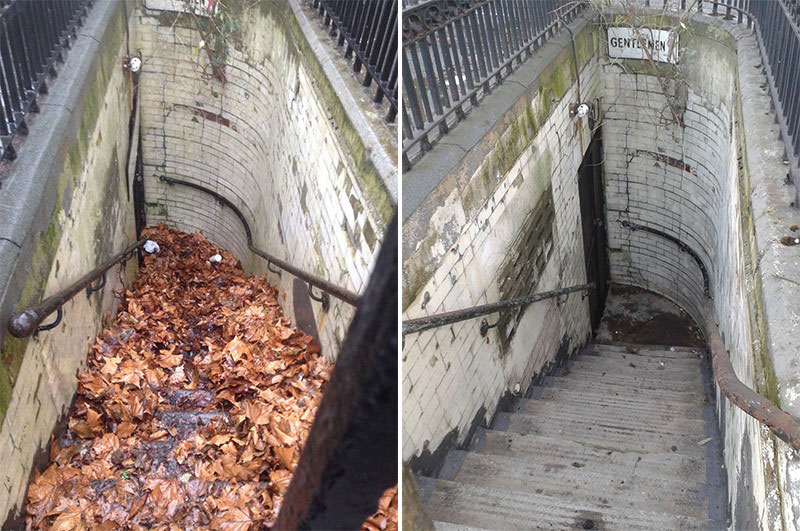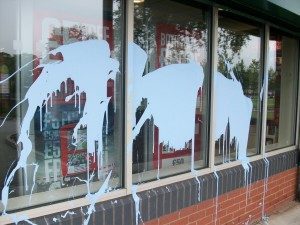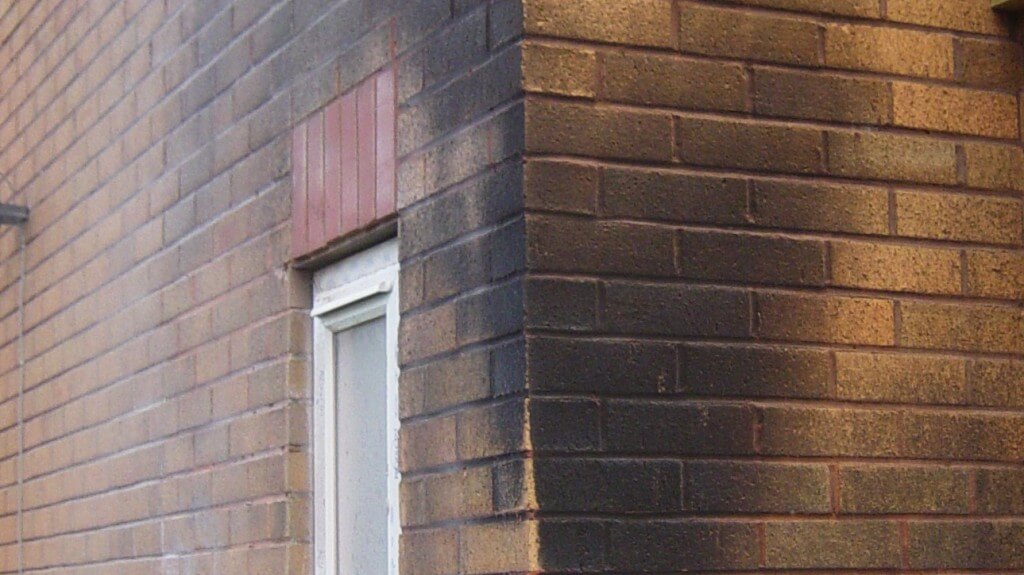When is pest not a pest? When it’s a false alarm. Find out about some of the knee-jerk reactions and cases of mistaken identity reported by UK hotel guests.
All hospitality managers dread the moment a guest reports a sighting of a pest – whether insect, rodent or bird.
In today’s social media-driven world, a guest can spread their suspicions of a pest problem to hundreds if not thousands of potential customers in seconds. And when it comes to pests, those existing and potential customers are unlikely to give the business a second chance.
However, there is also such a thing as a ‘pest false alarm’ that cause guests to make complaints on a regular basis. PestSafe Services technical specialist Gulliver Hill gives a run-down of the most common ‘pest false alarms’ he has encountered.
He says: “People can sometimes jump to conclusions about what they are seeing or hearing. It always pays to call an expert to identify whether or not there is a pest, and the best way of dealing with it. If pests are there, we’ll find them and get rid of them.”
1. False ‘fleas’
Nylon carpets have a lot to answer for. In the hotel industry they can cause unexpected problems, including fooling guests into thinking there are fleas in the building. Static electricity can build up in the carpet through friction generated by customers walking on it. An electrostatic discharge can give a person a tiny electric shock, which some customers interpret as an insect bite and raise the alarm.
Cases of ‘false fleas’ highlight the need to call in the pest experts before rushing to action. Flea infestations are rare in hotels except where dogs are allowed to stay, and dog friendly hotels should take advice from an accredited pest control company to minimise risks. An experienced pest controller will always check for visual evidence of a flea infestation and will be well aware of the effects of electrostatic discharges from carpet, which can be dealt with by spraying them with an anti-static spray.
2. Bogus ‘bed bugs’
Bed bugs are probably the insects that terrify guests the most because of their ability to share a bed, ‘hitch a ride’ home on luggage, and the difficulty of getting rid of them once they take hold. Guests may complain of itchy skin or develop skin rashes. However, these are also symptoms of an allergic reaction, most commonly to the strong industrial detergent used by many international hotel chains to wash their bedding.
Bites from bed bugs have a quite distinct appearance and will look different from a skin rash. An experienced pest controller will check a room thoroughly for bed bugs, which can be seen by the naked eye. If bed bugs are present, they will be discovered.
3. Mimic ‘mice’
Guests who have experienced rodent infestations at home are likely to be hyper-sensitive to unexplained noises and blame them on ‘mice’ which are not actually there. Complex water and air conditioning systems, thermostats switching on and off, even other guests in the rooms above, below, or next door can generate the sorts of rustling, scurrying, and gnawing noises that can sound like a rodent infestation.
Mice and rats are very common in the areas surrounding hotels, pubs, and restaurants. The only effective solution is to mouse proof the human space in such establishments, to mice cannot reacht the food they need to survive. The only mouse proofing service PestSafe Services can recommend is the one delivered by sister company SUPERPROOF.
4. Spurious ‘spiders’
Some hotels have been accused of harbouring deadly black widow spiders. However this is definitely a case of mistaken identity. There are six species of false widow spider in the UK. They are sometimes confused with poisonous black widow spiders, as they have large, similarly shaped abdomens and bold markings. A false widow spider will occasionally bite a human being but their bites are only mildly venomous and do no lasting damage. Black widow spiders are not found in the UK.
Spider-related phobias are very common. A guest who has a spider phobia is unlikely to look closely enough to make an accurate identification of the species. Pest control firms can get rid of spiders if they are a problem, however a commercial deep clean may be more effective.
5.Counterfeit ‘cockroaches’
It’s not uncommon for hotels to be accused of harbouring cockroaches, only to find a cockchafer beetle has taken up residence instead. The cockchafer is one of the UK’s largest beetles, growing up to 3cm in length. Although they were once extremely common, cockchafer beetles are not now well known. The Natural History Museum’s Identification and Advisory Service receives hundreds of additional calls in May and June from people wanting to know whether the beetles they come across are cockroaches.
Cockroaches are a nasty problem and can only be effectively dealt with by professional pest control services. Beetles, on the other hand, are loved by British children and do not need to be destroyed. Their life cycles are short, and they do not make a habit of coming indoors.
“So you can see, hotels need to guard against serious pests and others that present nothing more than false alarms. PestSafe Services can advise how to deal effectively with both,” says Gulliver Hill.


